Quad County Urban League’s 45 Years of service
By Lisa Arnett
October 2020 View more Featured
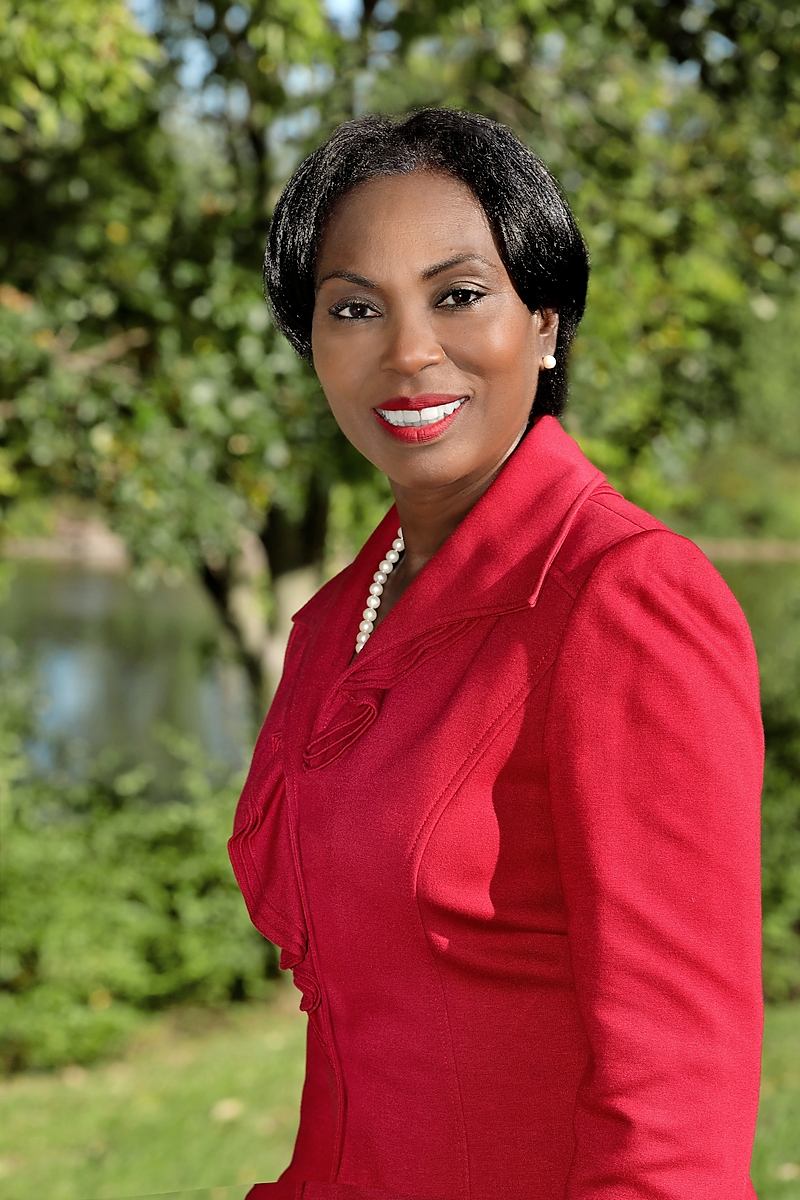
The growing momentum behind the Black Lives Matter movement this summer has served as a powerful reminder of the injustice plaguing our communities.
“George Floyd was the match that ignited the flame,” says Theodia Gillespie, president and CEO of Aurora’s Quad County Urban League. “These conditions [of inequality] have existed for a long time. What Urban Leagues … are working on is to … have policy and things in place so our children and our grandchildren do not have to experience what has happened in the last five months.”
That work has been long-standing, both locally and nationally. The Quad County Urban League was founded in 1975 to support civil rights, racial justice, and economic empowerment for African Americans and other people of color in DuPage, Kane, Will, and Kendall Counties. The QCUL is one of 90 organizations under the umbrella of the National Urban League, a historic civil rights organization dedicated to equality and social justice since its founding in 1910.
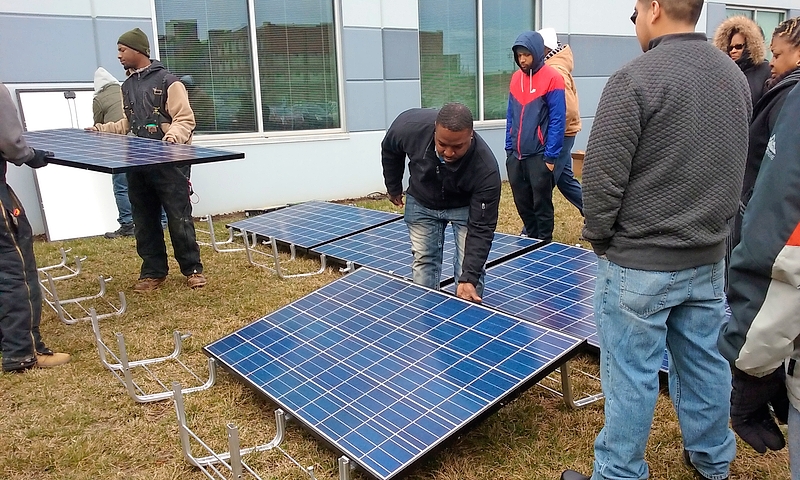
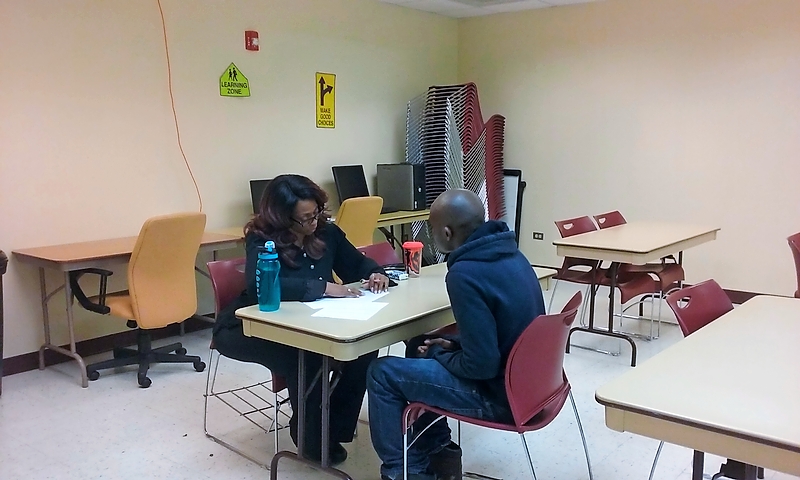
Gillespie started working for the QCUL in 1984 after studying social work and psychology at Southeast Missouri State University. She started in the education department, working on a program called Tomorrow’s Scientists, Technicians and Managers, which exposes minority middle and high school students to careers in math, science, technology, and business through field trips, projects, and study sessions. TSTM is just one program in the league’s varied lineup of services, which range from employment assistance and financial literacy education for adults to tutoring and college-prep programs for students.
“[TSTM] was exciting for me because it allowed me to really expose young people to careers they were not as comfortable with and probably didn’t think they could pursue,” Gillespie says. She moved to St. Louis for two years before returning to Aurora and the QCUL in 1987—and she’s been there ever since. “I feel that I’m doing good and that’s what I need to be doing,” Gillespie says. “I worked my way up from education coordinator to program director, and from there I became president and CEO.”
“We are not just for low-income individuals. Yes, we are here to help those who are down and out, but we are also here to provide that support for those individuals who may just need a little more push and support to get to the next level of their lives and their careers.”
Theodia Gillespie, president and CEO
of the Quad County Urban League
The league has remained committed to its original mission. “Everything we do at the Urban League is: How can we make a difference for individual lives and for their family and what they can contribute back to their community?” Gillespie says. “It’s about giving them the tools and resources to take care of their family and invest in the community in which they live. That’s my life.”
Gillespie also serves on the boards of a number of local organizations, including the Marie Wilkinson Food Pantry, the Waubonsee Foundation, the Fox Valley Park Foundation, Amita Health Mercy Medical Center Aurora, and the Dunham Fund.
“It’s been my focus to partner with organizations that have similar goals and objectives as the Urban League to help individuals by providing the resources and the tools they need to be successful,” Gillespie says. Together with local corporate partners, the league offers a number of job-training programs. Every spring, ComEd and Nicor sponsor Construct, a nine-week training program to prep participants for entry-level jobs in utilities, technology, Construction, and related fields. Every fall the six-week Nicor Gas Career Academy prepares participants for careers in the utility industry, and Propel by Prologis does the same for the logistics industry.
The latest Construct program was just a few weeks underway when the COVID-19 pandemic hit. Starting in February, participants were meeting Monday through Thursday for coursework in math, mechanical concepts, and other industry-specific skills. On Fridays, they attended events with partnered companies to learn about job requirements, interviewing, and résumé writing.
“When the pandemic really hit, I was laid off from [my job.] I was really in a bind. You get kind of low, thinking, ‘What am I going to do?’ Money is not coming in anymore. I can’t go get a job; everyone is laid off and it’s quarantine. I was really depending on the program.”
Chaz Smith, participant in the Quad County Urban League’s Construct job-training program
“Once the pandemic happened, our events and stuff, they came to a halt,” says Construct participant Chaz Smith, 37. The league had to quickly pivot to virtual instruction for the program. “They provided us all laptops and we attended online classes every day,” Smith says. “We kept the ball rolling, we met every day, we studied online. We didn’t miss a beat.”
Smith enrolled in the program to transition to a career with more long-term stability. “I spent a lot of time working in steel mills, which was a nonunion job. I was living week to week, check to check,” he says. Shortly after Smith started the Construct program, he lost his job as a warehouse worker due to pandemic-related layoffs. “[The QCUL] offered a lot of relief. They offered grocery cards; they paid my phone bill,” Smith says. “I was waiting for unemployment for almost a month because everything was so backed up. The program was really there for me.”
Shortly after Construct ended this summer, Smith was hired as a civil Construction laborer for a ComEd subsidiary. “I have never been in a union before; I have great benefits and I pay into the union retirement plan,” he says. “I have a level of comfort now and I know that I’m not going to fall down to minimum wage again. This is definitely a career.”
In a year that has already brought so much hardship, Smith feels encouraged to be starting a new chapter. “We are in a pandemic; 2020 has been terrible so far,” Smith says. “But honestly, I feel like I’m having a great year. I put in hard work in every day. I never missed a class, and it really paid off.”
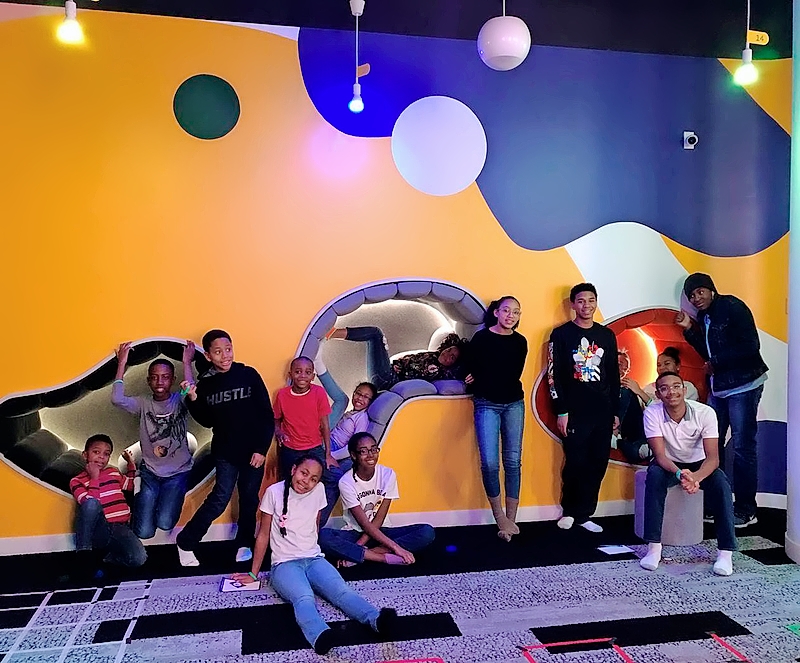
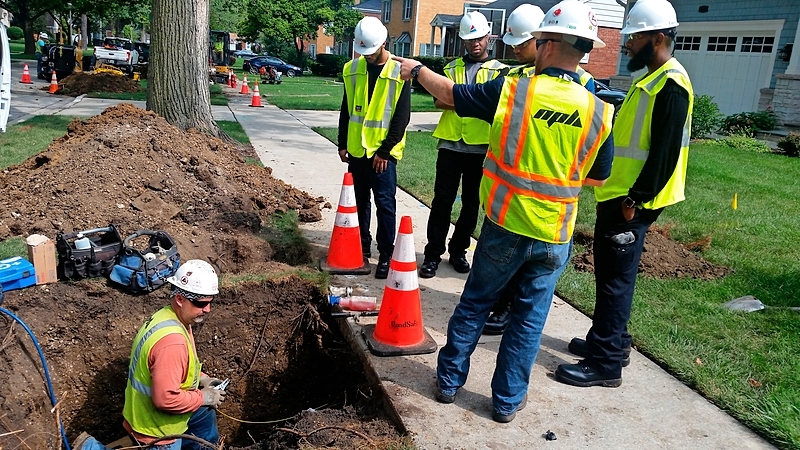
Despite the pandemic, fall is always a busy season for the QCUL. As of presstime, Gillespie was looking forward to its sixth annual Women’s Empowerment Summit, which this year featured keynote speakers and fireside chats in a virtual format on September 17. The event also spotlighted more than a dozen local residents as Women of Power Honorees, including state comptroller Susana Mendoza, Wheaton College chief intercultural engagement officer Sheila Caldwell, and Cook County Young Democrats chairwoman Chakena Sims.
Like many nonprofit organizations, the QCUL relies on an annual gala fundraiser to fuel its operating budget. Instead of hosting the Annual Equity Gala—a black-tie event that typically brings in about $200,000 in donations—in late October at a local hotel, the QCUL is planning a virtual fundraiser on October 24 to celebrate its 45 years of service with the help of sponsors. Individual tickets start at $75 and are available online at qcul.org.
The organization is always seeking new volunteers to assist with everything from career coaching to mentoring. This fall, volunteers are especially needed to support two crucial initiatives, Gillespie says. The first is voter registration and voter education in preparation for the November 3 general election. “This is a heavy part of our civil rights arm,” Gillespie says. “We want people to understand their [voting] rights and what they need to do to exercise that right.”
The second need is tutors for school-aged children and young adults. “The biggest concern we have right now is the impact on
our children of color in terms of the education gap,” she says. “We would like to get more individuals to volunteer to tutor and help parents with education instruction that children will need during this time. Remote learning is going to have a huge impact on communities of color. I’m really concerned about the African American community the most, because the gap is wider for us than any other ethnic group.” Prospective volunteers can fill out a form online at visit qcul.org/get-involved.
Photo by Dot Ward; Photos courtesy Quad County Urban League


